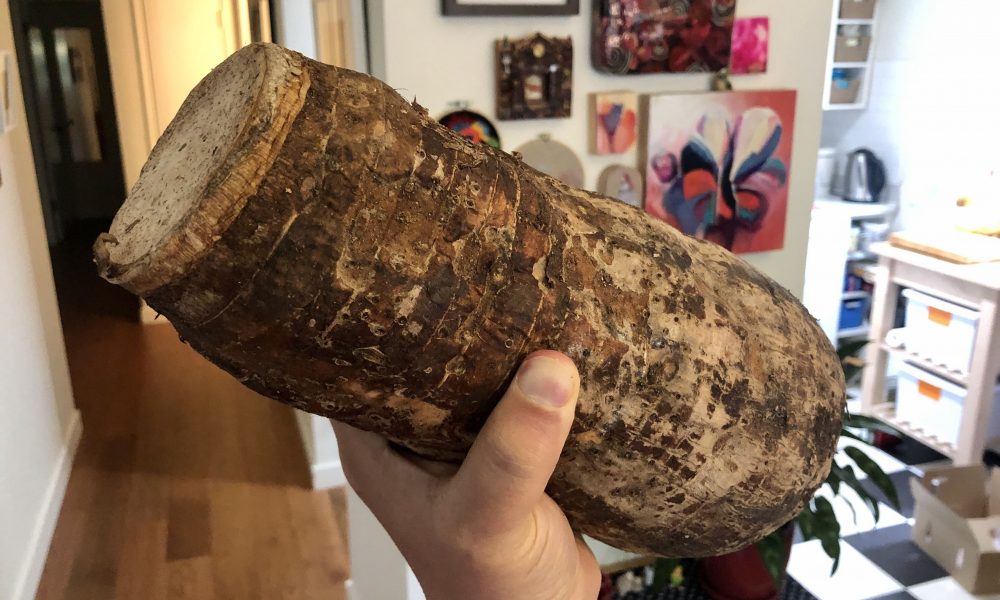
Ever Heard of The Creamy Root Vegetable Malanga? You’re Truly Missing Out

Fruits and vegetables are great for your body. You’ve heard it a million times before and you’ll hear it a million times more. These gifts from mother nature come with numerous health benefits since they are loaded with vitamins and antioxidants that help the body regulate its function and provide support for the immune system. Now if you talk about popular vegetables such as leafy greens, everyone’s well aware and educated on their benefits. But, what about others that do not get the spotlight?
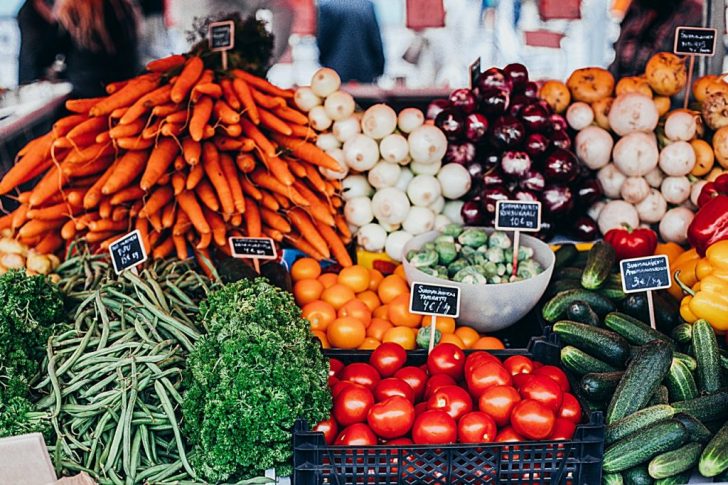
Pexels | It’s time to look past your regular picks at the farmers market
Today, we’re looking at one such underrated vegetable: Malanga.
This vegetable is often used in Latin and Black communities and is also referred to as yautia, old cocoyam, or tania, and is similar to taro root and dasheen. It is most commonly grown in Africa, South America, and other tropical regions. When it comes to its looks, this root vegetable resembles a potato but has a hairy exterior. But, when you taste it, you’ll notice that it is much creamier and denser compared to a regular potato.
In terms of nutrition, malanga holds the winning position since it is low in fat, has a low glycemic index, and is rich in fiber compared to potatoes.
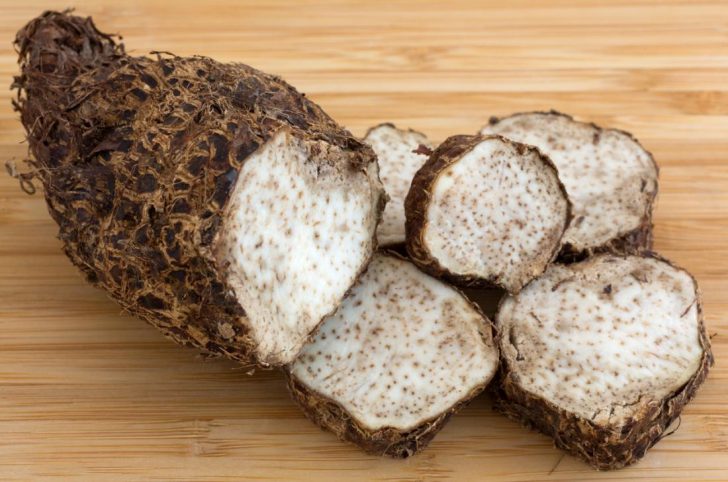
iStock Photo | The inside of malanga ranges from yellow-white to light purple in color
Benefits of Eating Malanga
While there are a few benefits mentioned earlier but that is just the tip of the iceberg
1. More Fibrous
This vegetable is rich in fiber and one cup of the creamy root vegetable can provide up to 7 grams of fiber. Fiber is important for heart health (protecting you from cardiovascular diseases), bowel health, maintaining blood sugar levels, and keeping cholesterol low.
2. High in Vitamin B
Keeping your immune system up and running is important, especially in light of the past two years. Vitamin B is essential for boosting your energy levels and supporting your immune system. One great way to acquire Vitamin B is through malanga.
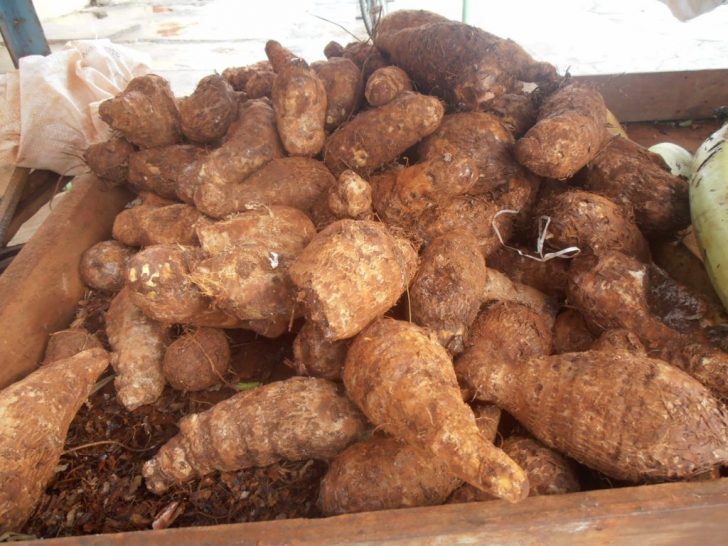
Olympus Digital Camera | Don’t be intimidated by its exterior – the interior is very promising
3. Lowers GI
Having a low GI doesn’t let the blood sugar levels spike so people who have to deal with diabetes are always on the lookout to get alternatives with a low Glycemic Index for their favorite items. Since malanga has a low glycemic index, it can easily become a great alternative for potatoes.
Are you thinking what we’re thinking? It’s high time you hurried down to the farmer’s market to get yourself some malanga.
More inHealthy Trends
-
`
Are Popular Diet Trends Actually Good for Your Heart?
Diet trends grab headlines every year, promising everything from glowing skin to dramatic weight loss. But when it comes to the...
July 30, 2025 -
`
Why Are Men Taller Than Women? New Genetic Study Finds Clue
For centuries, the average height difference between men and women has been noticeable—men generally stand about five inches taller. While environment...
July 23, 2025 -
`
How Upcycled Beauty Ingredients Are Reshaping the Industry’s Future
The beauty industry is going through a big shift — and it’s not just about trends. As waste problems grow and...
July 17, 2025 -
`
A Look Inside Faith Kipyegon’s Groundbreaking Mile Run in Paris
Last week in Paris, Faith Kipyegon returned to a place she knows well: Stade Sébastien Charléty. But this time, she wasn’t...
July 9, 2025 -
`
Dairy Is Making a Major Comeback — And Health Shoppers Are Loving It
Just a few years ago, dairy sat quietly in the back seat while plant-based alternatives took the spotlight. Now, it’s stepping...
July 4, 2025 -
`
Does Aging Cause Dental Problems?
Aging doesn’t automatically mean losing teeth or developing gum disease. In fact, older adults today are holding onto more of their...
June 25, 2025 -
`
How Upcycled Ingredients Are Shaping the Future of Cosmetics
What used to end up in bins or compost heaps is now finding a new life inside skincare bottles and beauty...
June 18, 2025 -
`
Rock Legend Rod Stewart Trains to Break Sprint Record at 80
Age isn’t slowing Rod Stewart down. Known worldwide for his legendary voice, stadium-filling tours, and timeless hits like “Maggie May”, the...
June 11, 2025 -
`
The Truth Behind Detox Diets – Health Boost or Risky Trend?
It’s hard to scroll through your feed without seeing someone sipping green juice with promises of instant energy, glowing skin, and...
June 3, 2025











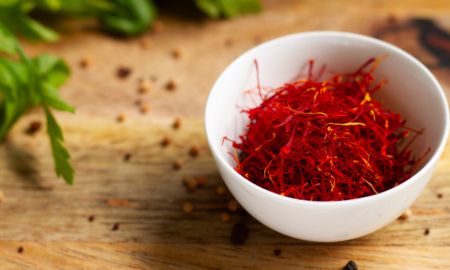


You must be logged in to post a comment Login